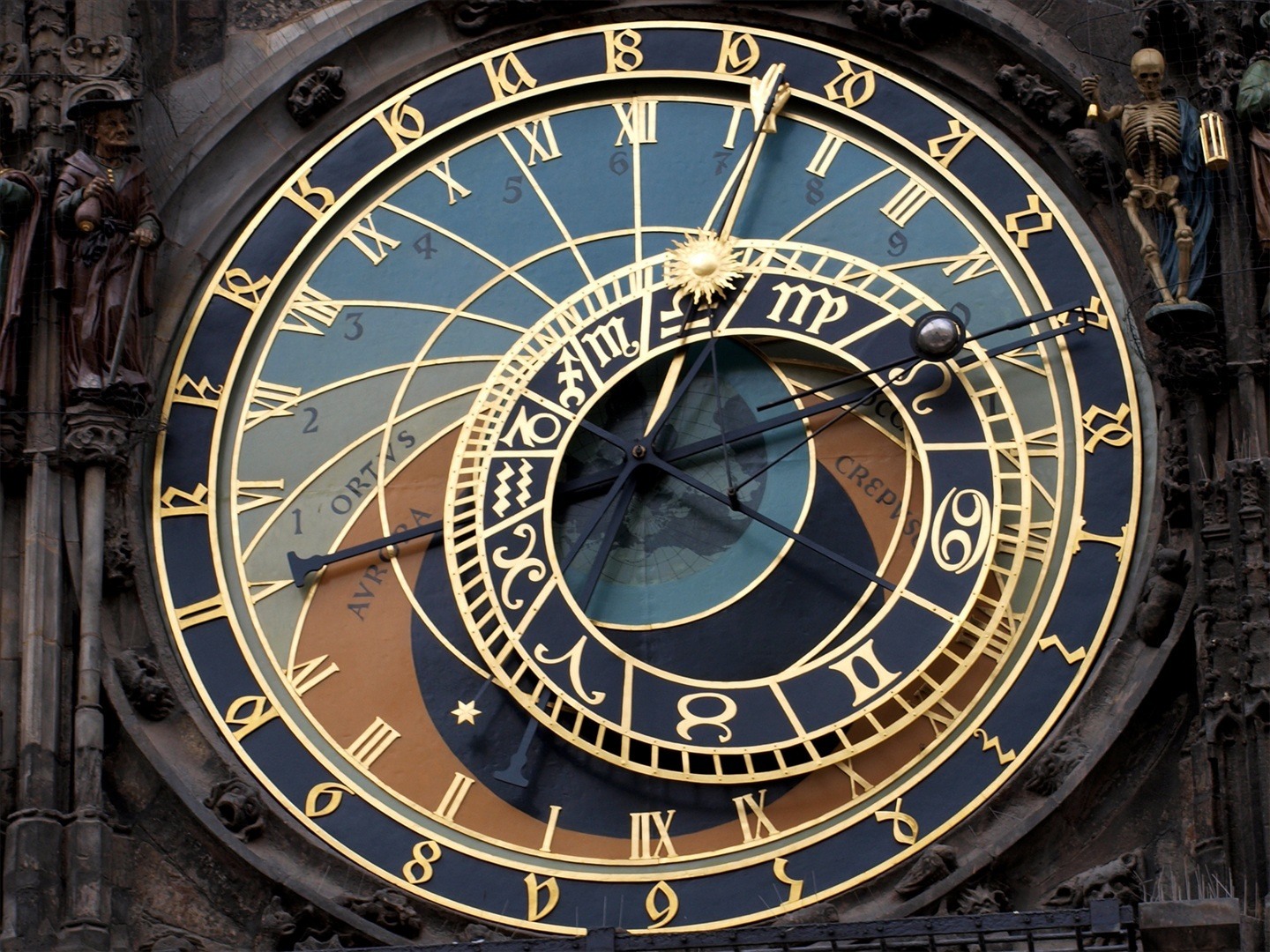
Suplemento educativo
What time is it? / ¿Qué hora es?
TELLING THE TIME / DECIR LA HORA
Por Estela González Torres
August 2014Learn to talk about time and ask time in English here:
- When it's "on the hour" (not a minute before or after) we say "o'clock". 12:00 = It's twelve o'clock.
- When minutes pass, we say "past". Please remember that the minute increments go before the hour. 1:10 = It's ten past one.
Some people use an easier way by just saying the numbers. 2:20 = It's two twenty.
- After 30 minutes past, we say "to". 3:35 = It's twenty-five to four. Be careful! It's twenty-five to four and not to three, as it's three thirty-five.
Again, you can just say the number. 4:55 = It's four fifty-five.
- 15 minutes is a quarter of an hour, and we say "quarter past" or "fifteen", and "quarter to" or "forty-five". 5:15 = It's quarter past five / It's five fifteen. 6:45 = It's quarter to seven / It's six forty-five.
- 30 minutes is half an hour, we say "half past" or "thirty". 7:30 = It's half past seven / It's seven thirty.
Prepositions used with time
AT indicates a point in time: Let's meet at 9 pm! [Lets mit at náin pi em] (Quedemos a las 9 pm).
When it is night time, we say AT night: She always studies at night [Shi ólweis stádis at náit] (Siempre estudia de noche).
IN shows a length of time: See you in two hours [Si yu in tiu áwors] (Nos vemos en dos horas).
We also use it with fixed expressions as IN the morning [in de mórnin] (por la mañana), IN the afternoon [in de afternún] (al mediodía) and IN the evening [in de ívinin] (por la tarde).
AROUND: When the time is not exact, but approximate and/or flexible; we say around. The party starts around 10:30 pm [de party starts aráund ten zírti] (la fiesta empieza sobre las diez y media).
That is, the party starts minutes before or after 10:30 pm (for example, between 10 and 11 pm).
How to ask the time in English:
- Excuse me. What time is it, please? [exquíus mi. wat táim is it, plis?] (Disculpe/a. ¿Qué hora es, por favor?)
- Excuse me. Do you have the time, please? [exquíus mi. do yu jaf the táim, plis?] (Disculpe/a. ¿Tiene/s hora, por favor?)
- Excuse me. Could you tell me the time, please? [exquíus mi. cud yu tel mi the táim, plis?] (Disculpe/a. ¿Podría/s decirme la hora, por favor?)
Now... Your turn! WHAT TIME IS IT?
1) 12:00 pm
2) 5:30 pm
3) 6:20 am
4) 9:50 am
5) 11:45pm
6) 7:05 am
Answer Key [ánserki]: 1. It's twelve o'clock. 2. It's half past five / It's five thirty. 3. It's twenty past six / It's six twenty. 4. It's ten to ten / It's nine fifty. 5. It's quarter to eleven pm (at night) / It's eleven forty-five pm (at night). 6. It's five past seven am (in the morning) / It's seven oh five am (in the morning).
La Voz, Cultura y noticias hispanas del Valle de Hudson
La Voz, Cultura y noticias hispanas del Valle de Hudson
Comments | |
| Sorry, there are no comments at this time. |

